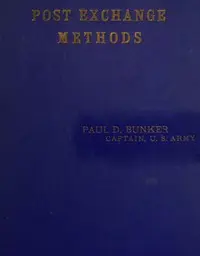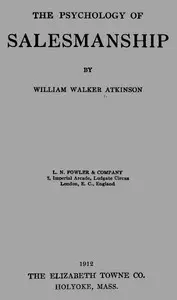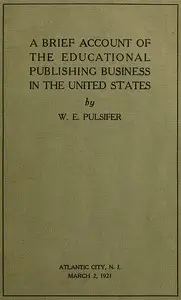"Post Exchange Methods" by Captain Paul D. Bunker is a military manual written in the early 20th century. It serves as a comprehensive guide for Exchange Stewards and Officers, providing an efficient system of accounting for managing Post Exchanges, which cater to military personnel. The book aims to establish a standard procedure that addresses common issues faced by individuals in charge of Exchanges, particularly those lacking formal bookkeeping training. The opening of the book introduces the necessity of a structured approach to managing Post Exchanges, highlighting the challenges posed by inexperienced staff and outdated methods. The author expresses the need for a standardized system to improve efficiency, reduce overhead costs, and enhance profitability. He emphasizes that the book contains practical methods that have been tested in real-world scenarios, aiming to assist Exchange Officers in maintaining accurate records, handling cash flow, and minimizing opportunities for theft or error. (This is an automatically generated summary.)

Post Exchange Methods A Manual for Exchange Stewards, Exchange Officers, Members of Exchange Councils, Commanding Officers, Being an Exposition of a Simple and Efficient System of Accounting Which Is Applicable to Large and to Small Exchanges Alike.
By Paul D. (Paul Delmont) Bunker
"Post Exchange Methods" by Captain Paul D. Bunker is a military manual written in the early 20th century. It serves as a comprehensive guide for Excha...
Paul Delmont Bunker was an American football player and soldier. Bunker attended the U.S. Military Academy and became the first football player at West Point to be selected as a first-team All-American by Walter Camp. Bunker was chosen as an All-American at the tackle position in 1901 and repeated as an All-American in 1902, but as a halfback. He served in the U.S. Army for 40 years and was in command of the coastal artillery forces in the Battle of Corregidor. On the fall of Corregidor, Bunker became a prisoner of war. He died of starvation and disease in a Japanese prison camp in 1943 after losing 70 pounds at the age of 61. His posthumously published journal, Paul Bunker's Diary, became a best-seller. He was elected to the College Football Hall of Fame in 1969.













